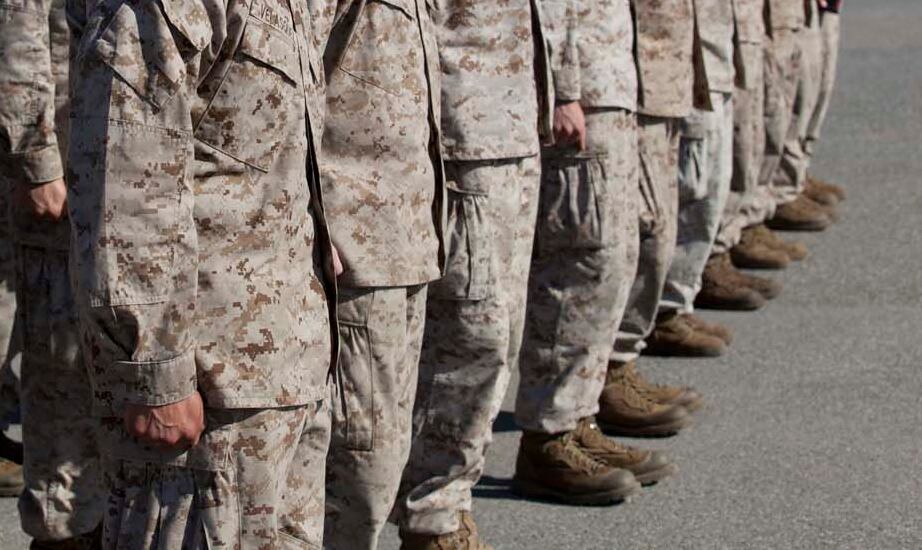The Marine Corps assumes it will grow by 3,000 Marines this year, even though Congress has not yet appropriated money for more Marines, said Commandant Gen. Robert Neller.
The fiscal 2017 National Defense Authorization Act enacted in December calls for increasing the Corps' active-duty end strength from 182,000 to 185,000 Marines, but the military is operating on a temporary budget that keeps spending at 2016 levels until April.
This means the Marine Corps has to make an assumption about whether or not Congress will give the service the money needed to add 3,000 Marines, Neller said Thursday at the Surface Navy Association's annual symposium right outside Washington.
"Right now, we're going to operate on the assumption of following the last order signed by the president of the United States that this is going to happen," Neller said. "There's no decision without any risk. So if it doesn't work out, we'll adjust."
For more than a year, the Marine Corps has conducted a force structure review looking at how it can have more Marines in jobs needed to fight future adversaries. Neller has spoken at length about how the Corps needs more Marines for information operations, electronic warfare, cyber operations, intelligence analysis, air defense and communications.
Initially, the review was based on the premise that the Marine Corps would not grow beyond 182,000 Marines. But in December Neller indicated that the planners had come up with several scenarios, including a larger Marine Corps.
"We got a plan if we stay at 182,000; we got a plan if we went to 185,000; we got a plan if we grow to numbers higher than that," Neller told reporters on Dec. 7, 2016. "So, we'll execute."
On Thursday, Neller reiterated that the Marine Corps will find a way to make sure it has the right number of Marines in the right jobs, even if the service does not get bigger.
When asked if the Marine Corps might move individual Marines from military occupational specialties such as infantry into others such as intelligence, Neller replied, "If that's what we have to do, yes."
Neller stressed that future wars are going to be different than the conflicts during the last 15 years, when Marines have been fighting non-state groups such as the Taliban, al-Qaida affiliates and the Islamic State.
Although the fighters in those groups have proven to be cunning and adaptive, they were also "pretty much a bunch of guys running around with AK-47s and IEDs," he said, who lack the sophisticated weaponry at future adversaries' disposal.
The Marine Corps will "refocus" from counterinsurgency and stability operations to preparation for fighting near-peer competitors, he said.





